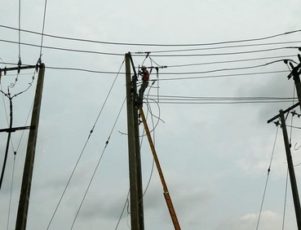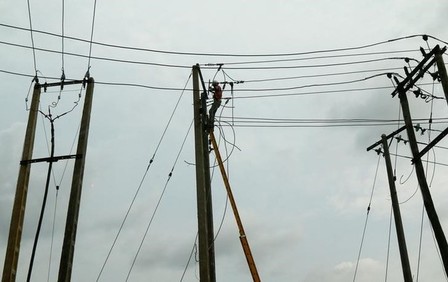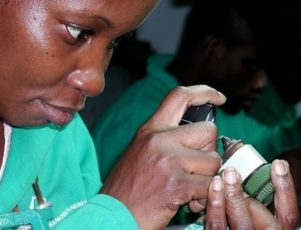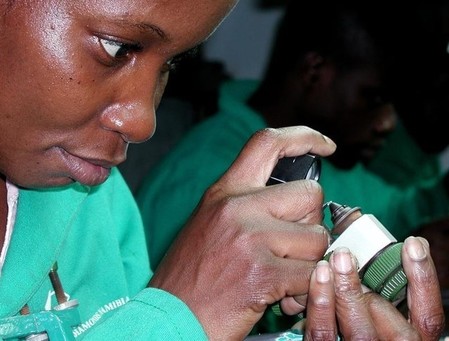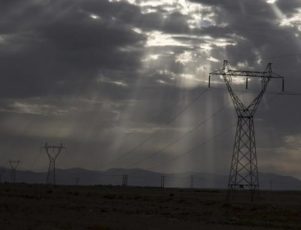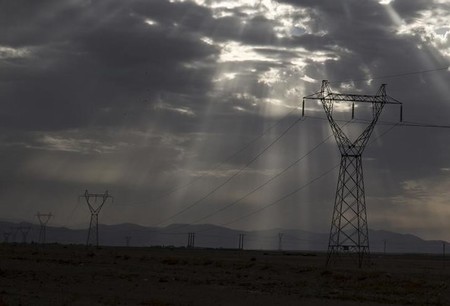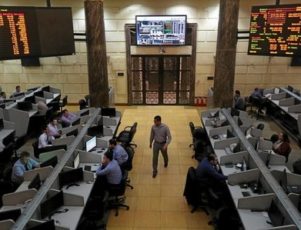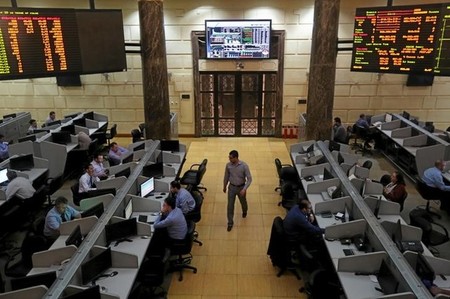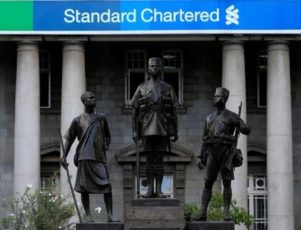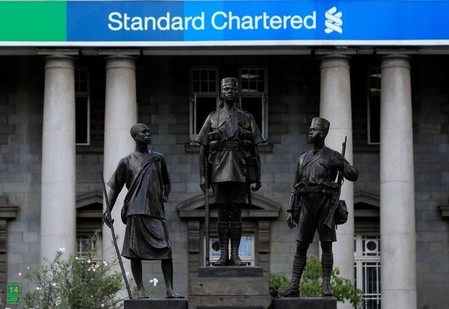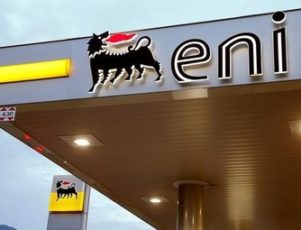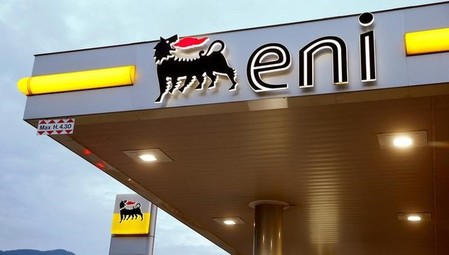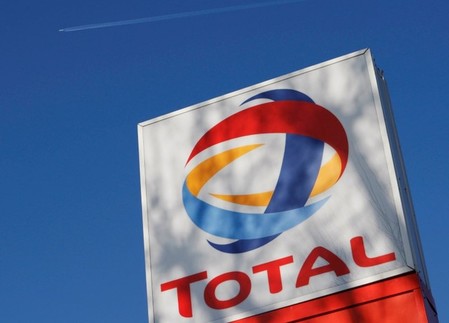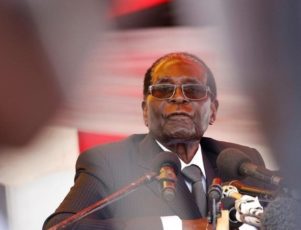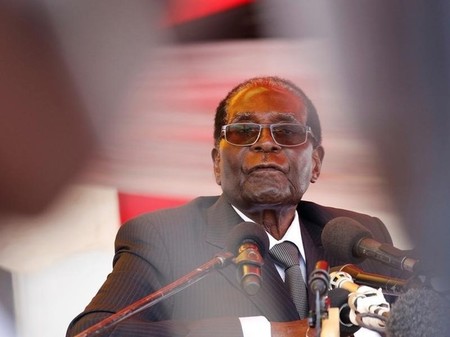LAGOS (Reuters) – Nigeria has signed agreements to add more than 500 megawatts of capacity to its national grid, the office of the vice president said on Thursday.
Africa’s most populous nation produces less than 4,000 megawatts (MW) but requires around 10 times that amount to guarantee power for its 180 million inhabitants.
Chronic power shortages have hindered the country’s development for decades and are one of the biggest constraints on investment and growth in Africa’s largest economy, which is in recession for the first time in more than 20 years.
The vice president’s office said a number of agreements had been signed including ones with the World Bank and Niger Delta Power Holding Company (NDPHC).
“Vice President Yemi Osinbajo at the signing ceremony described the agreements as significant, enabling the consistent additional generation of more than 500 MW of electricity to the national grid,” said his spokesman Laolu Akande.
The vice president said the agreements would open up new opportunities for investments in Nigeria’s gas and power sectors.
He suggested that the West African country could potentially attract investment into the power sector.
Osinbajo’s office said Nigerian gas supplier Seven Energy was investing around $500 million in the construction of a gas processing facility at the Uquo Field in the southern state of Akwa Ibom.
And a Partial Risk Guarantee between the World Bank and NDPHC was signed to secure the supply of some 130 million cubic feet per day of gas to a power plant in the southern city of Calabar by Seven Energy.
The agreement covers private debt in the event of a government’s failure to meet specific obligations to a project.
(Reporting by Alexis Akwagyiram; Editing by James Dalgleish)

